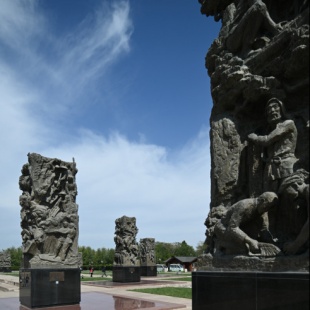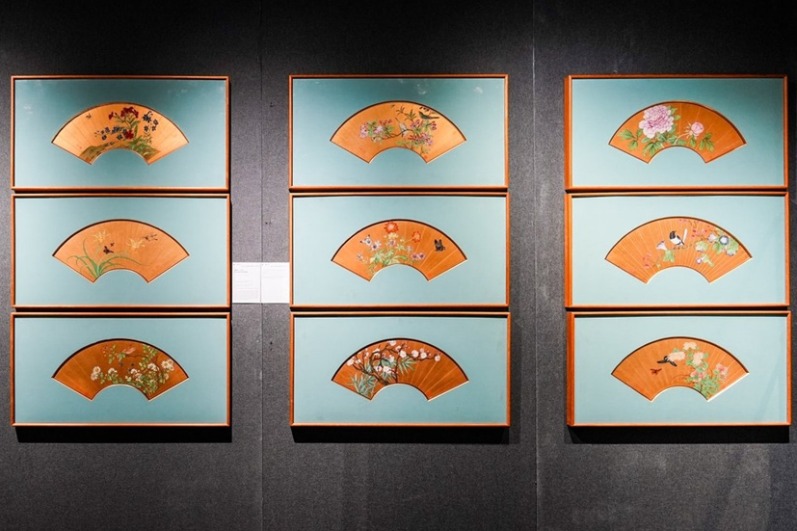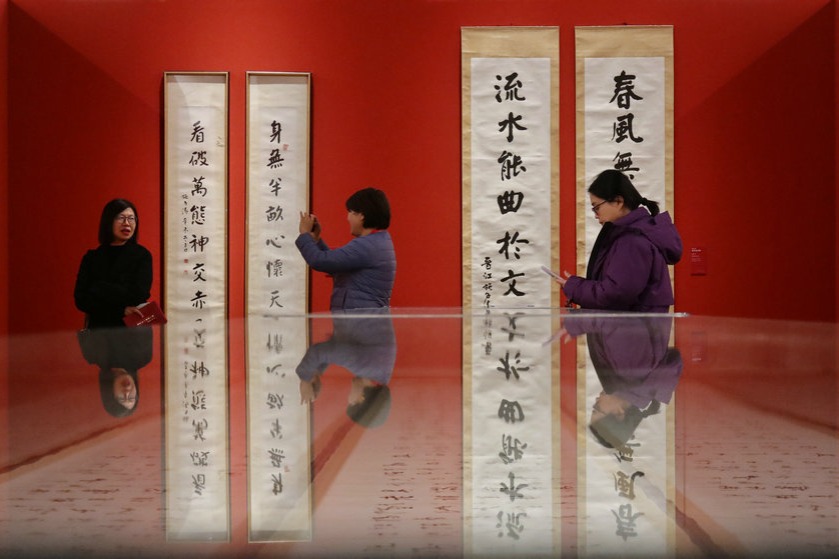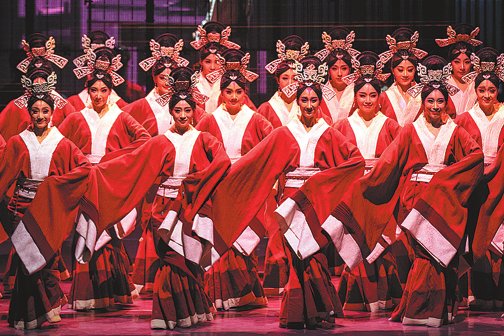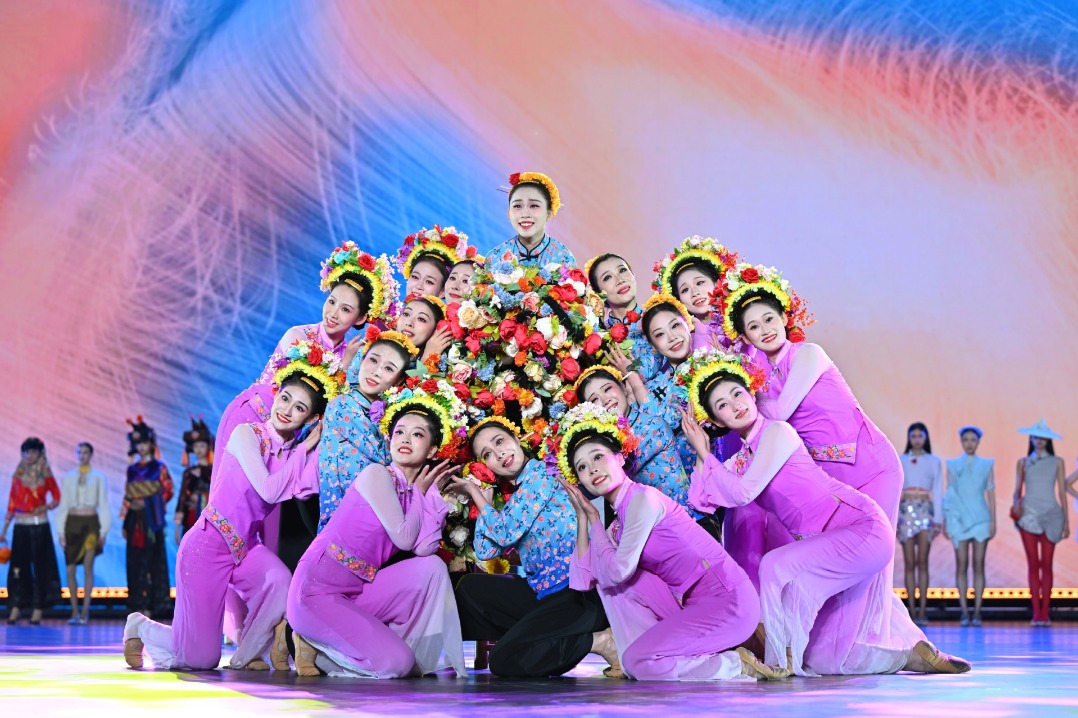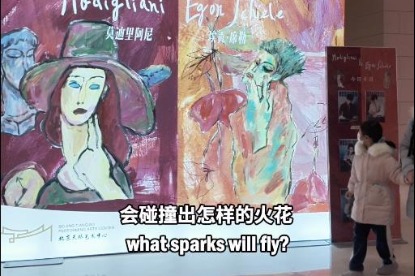Academic symposium highlights war-related architectural heritage


In her speech, Li Haixia, an associate professor at North China University of Technology, highlighted the significance of two historical sites—the Yunnan-Vietnam Railway, which connects Yunnan's capital of Kunming with Vietnam's port city, Haiphong, and the deserted dirt-gravel Yunnan-Myanmar Road, also known as the Burma Road, which was a vital wartime lifeline as the sole land route connecting China to the outside world when Japan occupied Vietnam.
Li emphasized that both the railway and the old road were not only important assets for China's transportation system during the Chinese People's War of Resistance Against Japanese Aggression, but also historical witnesses of Sino-foreign cooperation and cultural exchanges. Their heritage value spans strategic, engineering, social, cultural, and international levels, she added.
The event also brought attention to the book, Memorial Architecture of the Chinese People's War Against Japanese Aggression. Compiled and published in 2010, the book systematically reviews the architectural ruins related to the war and memorial buildings built to commemorate the sacrifice and resistance of Chinese forces and civilians during the 14-year-long battle.
Jin Lei, author of the book and secretary general of the Committee on 20th-century Architectural Heritage affiliated with Chinese Society of Cultural Relics, remarked that the book pioneered the research of "event-based architecture".
Jin, who hosted the symposium, explained that the goal of the event was to make knowledge about these war-related architectural heritage sites more accessible to the public and to promote deeper educational outreach. Continued research will support the book's new edition Architectural Heritage of the Chinese People's War Against Japanese Aggression, he added.

During the event, the committee, North China University of Technology, and the Wanping subdistrict office, signed a letter of intent to collaborate. Together, they will work on protecting and researching the Marco Polo Bridge and Wanping City, strengthening efforts to preserve these historic sites.
Marking the 80th anniversary of the victory in the Chinese People's War of Resistance Against Japanese Aggression and the World Anti-Fascist War, the academic symposium was co-hosted by the North China University of Technology, the Wanping subdistrict office, and the Fengtai Marco Polo Bridge Culture Development Center.



